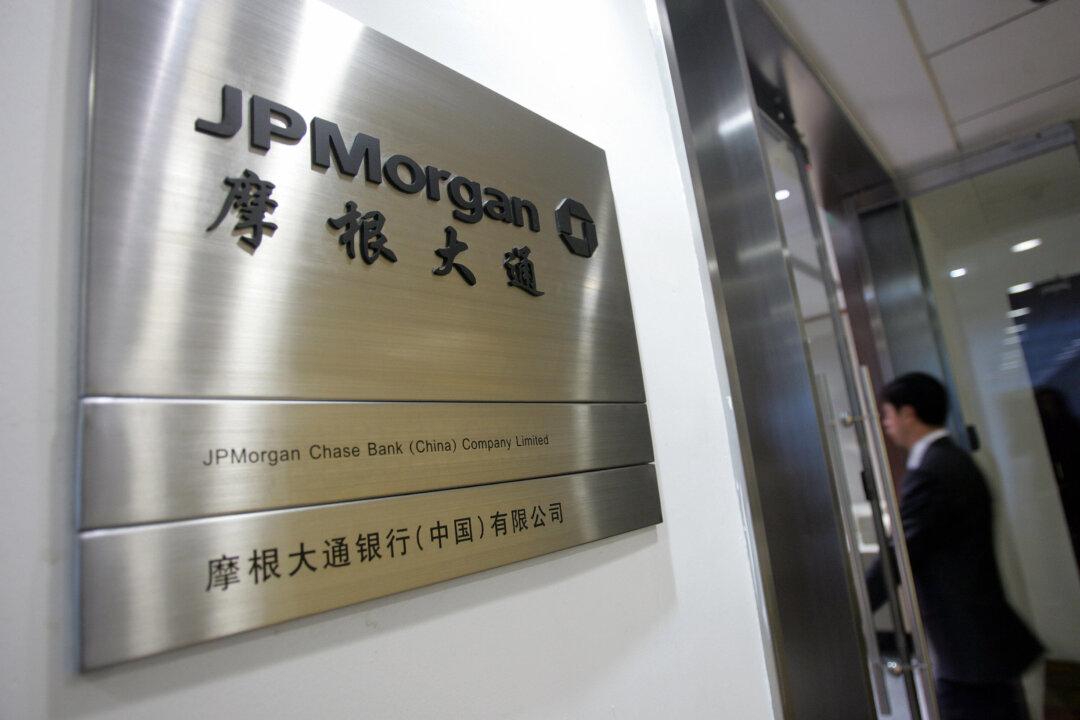Commentary
With the phase one trade deal with the United States signed and filed, China’s banking regulators have begun to ease restrictions on foreign banks to enter the Chinese market. Starting this year, foreign investment banks can take full ownership stakes in Chinese securities firms.





